Author’s deck by Anastasia Shalganova and Valentina Mitrofanova.
Contents:
• “Gods” deck – 16 cards
• “Helpers” deck – 29 cards
• “Scenarios” deck – 6 cards
• “Situations” deck – 35 cards
• “Words” deck – 34 cards
• Instructions with techniques
• Application “And a little more about Olympus and its inhabitants” in electronic format (the QR code for downloading is at the end of the instructions)
Working with the deck involves working with ancient Greek myths, based on the theories of the collective unconscious and script processes. For a psychologist, if necessary, it is important to give the client mythological knowledge on the cards, integrating them into the client’s situations for fantasy and consideration.
From the authors
We decided to create a deck using paintings by great artists dedicated to mythological subjects. Our work is based on the ideas of Carl Gustav Jung about archetypes, the collective unconscious and psychological types and the scenario concept of Eric Berne.
Psychology in its methods resembles archeology: excavating the soul in search of the inner man – removing layer by layer, we move to the very depths of consciousness. Myths, which, being primarily a mental phenomenon, express the hidden essence of the soul, are invaluable in this work. Archetypal images have always accompanied man; they serve as a source of mythology, religion, and art. Mythology was the original way of processing archetypal images.
Working on myths, we take into account the strong archetypes operating within the individual and external stereotypes that must be met. Understanding both of these factors helps us better understand what our conflicts are and achieve wholeness as quickly as possible. A person’s values and beliefs are shaped by culture, which is reflected in laws, customs, distribution of power, and criteria for determining the value and status of each of us. By learning something about the archetypes of the gods, we can restore the rejected parts of ourselves. This process is facilitated by dreams, memories and myths, which help us connect to our unconscious.
Understanding the “gods” will help parents see “who” their child is and appreciate his qualities. As a result, parents will feel more competent because they will understand how their child feels, how the world treats him, what his strengths are, what challenges he faces, and what help he needs from others. Men and women often need to see their parents more clearly: sometimes in order to forgive, and sometimes in order to understand. Perhaps understanding the gods and myths will help you create a more objective portrait of your own father or mother.
MAK “Olympus. Gods and Heroes” consists of five decks:
1. Ancient Greek gods (back with lightning) – 16 cards
Zeus, Hades, Poseidon, Apollo, Ares, Dionysus (2 cards), Hermes, Hephaestus, Hera, Aphrodite , Demeter, Artemis, Athena, Hestia, Persephone.
These gods correspond to one of the Jungian concepts, which is based on mythological personality typing, demonstrating certain patterns of human behavior and inclinations. However, to work with the deck it is not necessary to focus on this aspect. Below are some working methods.
2. Assistants (shirt with a six-fingered print) – 29 cards
Characters of ancient Greek mythology and history: Bacchante, Hecate, dryad, Helen of Troy, Kronos, Lernaean Hydra, Medea, Medusa Gorgon, Minotaur, Moirai, Muses, Narcissus, nymph Echo, Odysseus, Pandora, Pegasus, Penelope, Prometheus, sirens, teacher Chiron, Charon, King Oedipus (2 cards), Circe, Erinyes (2 cards), Eros and Psyche. And also a card with the moon and a girl without an inscription.
The helper (or obstacle) card can be pulled out when, for example, a resource is needed. Or the client has difficulty identifying an obstacle to the goal.
3. Scenarios (back with a tablet and stylus) – 6 cards
The artist of the deck is Diana Plisova.
The deck consists of images of 6 mythological subjects:
• “Always” – the myth of Arachne;
• “Not yet ” – the myth of the twelve labors of Hercules;
• “After” – the myth of Damocles;
• “Almost” – the myth of Sisyphus;
• “Never” – the myth of Tantalus;
• “Waiting for a reward” – the myth of Philemon and Baucis.
It is supposed to work with this deck in accordance with the concept of Eric Berne, who began to use the names of ancient Greek characters and the corresponding myths to determine the life scenarios of people.
4. Situations (ship back) – 35 cards
The cards in this deck depict scenes from mythology and history.
Apollo pursues Daphne; competition between Apollo and Marsyas; Actaeon finds Artemis and her nymphs bathing; Aphrodite reproaches Zeus; Virgil reads the Aeneid; Hercules and the Lernaean Hydra; Hermes puts Argus to sleep; Hephaestus chains Prometheus; death of Adonis; death of Hippolytus; death of Orpheus; Dido’s suicide; sacrifice to Iphigenia; a menagerie with wild cats; fall of Icarus; snakes kill Laocoon and his sons; Leda and the Swan; Medea kills her son; Odysseus in Circe’s palace; Orpheus and the Beasts; Cimon and Pero (the paternal love of a Roman woman); hunting the Calydonian boar; Perseus shows the head of Medusa; Pygmalion and Galatea; captive Cassandra at the Battle of Troy; the abduction of Persephone; the abduction of the Sabine women; persecution of Orestes; bound Eros; death of Socrates; the court of Paris; Agamemnon in the theater; Phyllida and Demophon; Oedipus curses his son Polyneices; Aeneas and the Sibyl.
5. Words – 34 cards
The words were selected based on Jorge Luis Borges’ essay “The Four Cycles” and the book “Thirty-Six Dramatic Situations” by Georges Polti about the eternal plot collisions on which all dramatic works are based.
There is one empty in the deck map. A blank card with no words in response to a client’s request is likely to cause frustration. Beneath it, it is important to discover feelings that will become valuable therapeutic material. It’s also worth clarifying – what does this emptiness mean for the client? How can you fill this space? How do these feelings relate to the request? When does a client experience them in life?
WORKING METHODS
I. Exercise “The Gods Within Us”
Rejected and accepted archetypal parts within the client
1. We take out a face-down card from the “gods” deck. We activate it by asking the client questions:
• What do you see on the map? How does the god/goddess feel? What is he/she thinking? Where is he/she looking? Where is he/she located? What does he/she want? What does he/she like and dislike?
2. Focus on the situation. We ask questions in the context of the information the client has given:
• Why is this god/goddess in this situation? How does he/she feel in this situation? What is he/she thinking?
3. Gently confront the client, relying on knowledge of myths in the context of this card and what the client said.
• For example, the client’s words: Aphrodite dresses up in front of the mirror because she must be beautiful, fit image Confrontation question: Who does Aphrodite owe? Who has power over her if she is a goddess? Etc.
4. We clarify what is close to the client in the character. And what repels:
• What do you like about this god/goddess? What don’t you like about this god/goddess?
5. Emphasis on the client’s experiences in connection with the card:
• And how do you feel? What are you thinking about?
6. We clarify the parallel between the projection on the map and the client’s life:
• And how then does this relate to your life?
7. We focus on the prospect of resolving the situation:
• What Do you want to do something about it? How does this resolution correspond to the reality in which you are?
8. We check whether the client’s resolution is positive or negative. If negative, then repeat points 6 and 7 with a different resolution proposed by the client.
9. For a psychologist: we identify the client’s mythological archetype for further psychological work.
““Magic Moment” Metaphorical Cards” has been added to your cart. View cart
Sold out
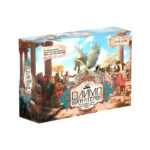
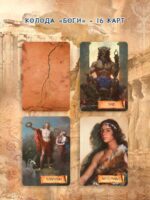
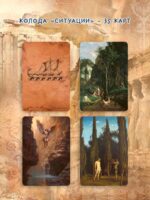
Metaphorical cards “Olympus. Gods and Heroes”
28,67 €
3
Items sold in last 3 minutes
Нет в наличии
20
People watching this product now!
SKU:
619d09062040
Category: Universal
Description
Reviews (0)
Rated 0 out of 5
0 reviews
Rated 5 out of 5
0
Rated 4 out of 5
0
Rated 3 out of 5
0
Rated 2 out of 5
0
Rated 1 out of 5
0
Only logged in customers who have purchased this product may leave a review.
Shipping & Delivery
Related products
“Air Castles” Metaphorical Cards
Rated 0 out of 5
56,00 €
"Air Castles" is a deck of 81 metaphorical cards designed for exploring emotions, overcoming trauma, and deepening self-awareness. Created by psychologist Alla Svatok, this versatile tool is perfect for therapists, coaches, and individuals aged 12 and up. Use it to navigate relationships, address fears, and gain insight into life’s challenges. With soft-touch lamination, an instruction booklet, and a sturdy storage box, "Air Castles" is your key to building confidence and finding clarity.
Product details
- 81 Cards: Each with unique, evocative stories and soft-touch lamination for a luxurious feel.
- Size: Compact and user-friendly at 108 x 72 mm.
- Instruction Booklet: Detailed techniques and exercises for guided use.
- Storage Box: Durable and stylish, perfect for keeping the deck safe and organised.
- Language: Ukrainian.
“Soul Transformation” Metaphorical Cards
Metaphorical cards, Children, teenagers, inner child, Fairytale, Feelings, abstract, mandalas, Nature, animals, Portraits, archetypes, subpersonalities, Resources, Text, Universal, Women's, men's
Rated 0 out of 5
20,60 €
"Soul Transformation" MAC – Unlock the Universe’s Wisdom
This 33-card deck is your key to discovering the Universe’s messages and transforming your life. With stunning illustrations by Lisa Ray and practical guidance, these cards offer clarity, insight, and support in moments of uncertainty.
Features:
- Illustrated by Lisa Ray.
- Includes instruction manual and elegant storage box.
- Language: Ukrainian | Year: 2020 | Format: 120 x 120 mm
Metaphorical Cards “Hints for Your Soul” — Totem Animals & Spiritual Guidance (English version)
Metaphorical cards, Coaching cards, Kin, ancestors, scenarios, Nature, animals, Portraits, archetypes, subpersonalities, Text, Universal, Women's, men's
Rated 0 out of 5
50,00 €
“Hints for Your Soul” is a spiritual metaphorical cards filled with poetic messages and the wisdom of totem animals. The cards help awaken intuition, support self-discovery, provide spiritual guidance, and inspire personal transformation. Includes a premium hard box, guidebook, feather pen, and 4 language versions.
Metaphorical Cards “Hints for Your Soul” — Totem Animals & Spiritual Guidance (Russian version)
Metaphorical cards, Kin, ancestors, scenarios, Family scenarios, birth programs, For women, Nature, animals, Perinatal theme, Portraits, archetypes, subpersonalities, Resources, Self-knowledge, acquaintance with the inner world, Universal, Universal, Women's, men's
Rated 0 out of 5
50,00 €
“Hints for Your Soul” is a spiritual metaphorical cards filled with poetic messages and the wisdom of totem animals. The cards help awaken intuition, support self-discovery, provide spiritual guidance, and inspire personal transformation. Includes a premium hard box, guidebook, feather pen, and 4 language versions.
Metaphorical Cards “Hints for Your Soul” — Totem Animals & Spiritual Guidance (Spanish version)
Kin, ancestors, scenarios, Family scenarios, birth programs, For women, Nature, animals, Portraits, archetypes, subpersonalities, Resources, Self-knowledge, acquaintance with the inner world, Universal, Women's, men's
Rated 0 out of 5
50,00 €
“Hints for Your Soul” ("Pistas para tu alma") is a spiritual metaphorical cards filled with poetic messages and the wisdom of totem animals. The cards help awaken intuition, support self-discovery, provide spiritual guidance, and inspire personal transformation. Includes a premium hard box, guidebook, feather pen, and 4 language versions.
Metaphorical Cards “Hints for Your Soul” — Totem Animals & Spiritual Guidance (Ukrainian version)
For women, Metaphorical cards, Kin, ancestors, scenarios, Nature, animals, Perinatal theme, Resources, Self-knowledge, acquaintance with the inner world, Text, Universal, Universal, Women's, men's
Rated 0 out of 5
50,00 €
“Hints for Your Soul” is a spiritual metaphorical cards filled with poetic messages and the wisdom of totem animals. The cards help awaken intuition, support self-discovery, provide spiritual guidance, and inspire personal transformation. Includes a premium hard box, guidebook, feather pen, and 4 language versions.








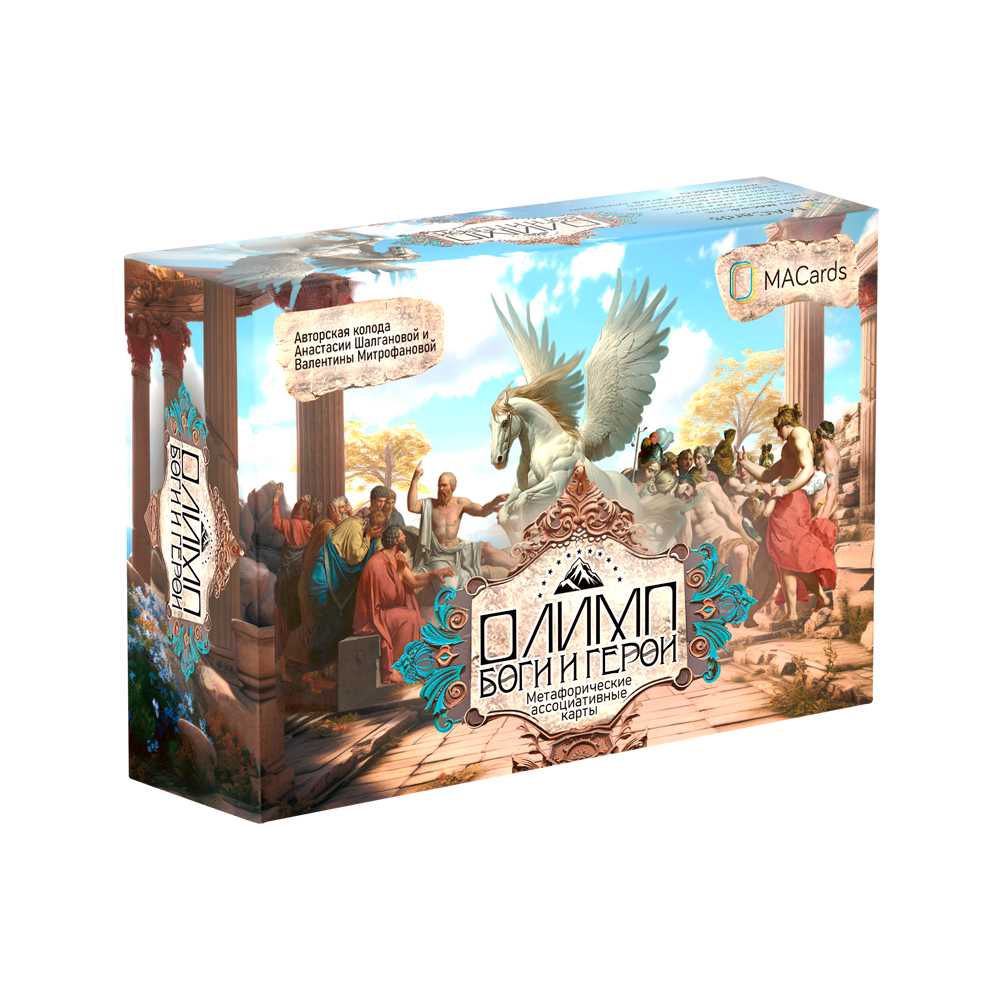
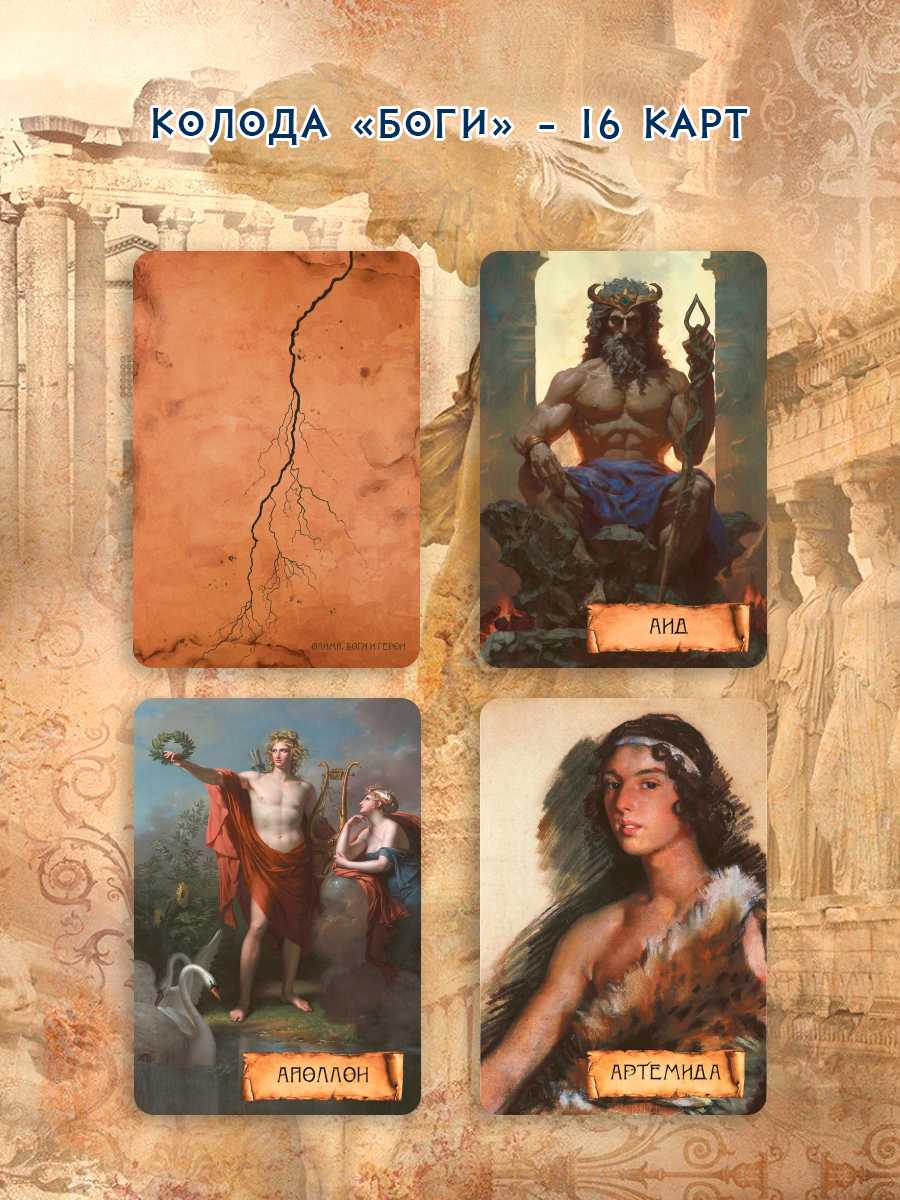
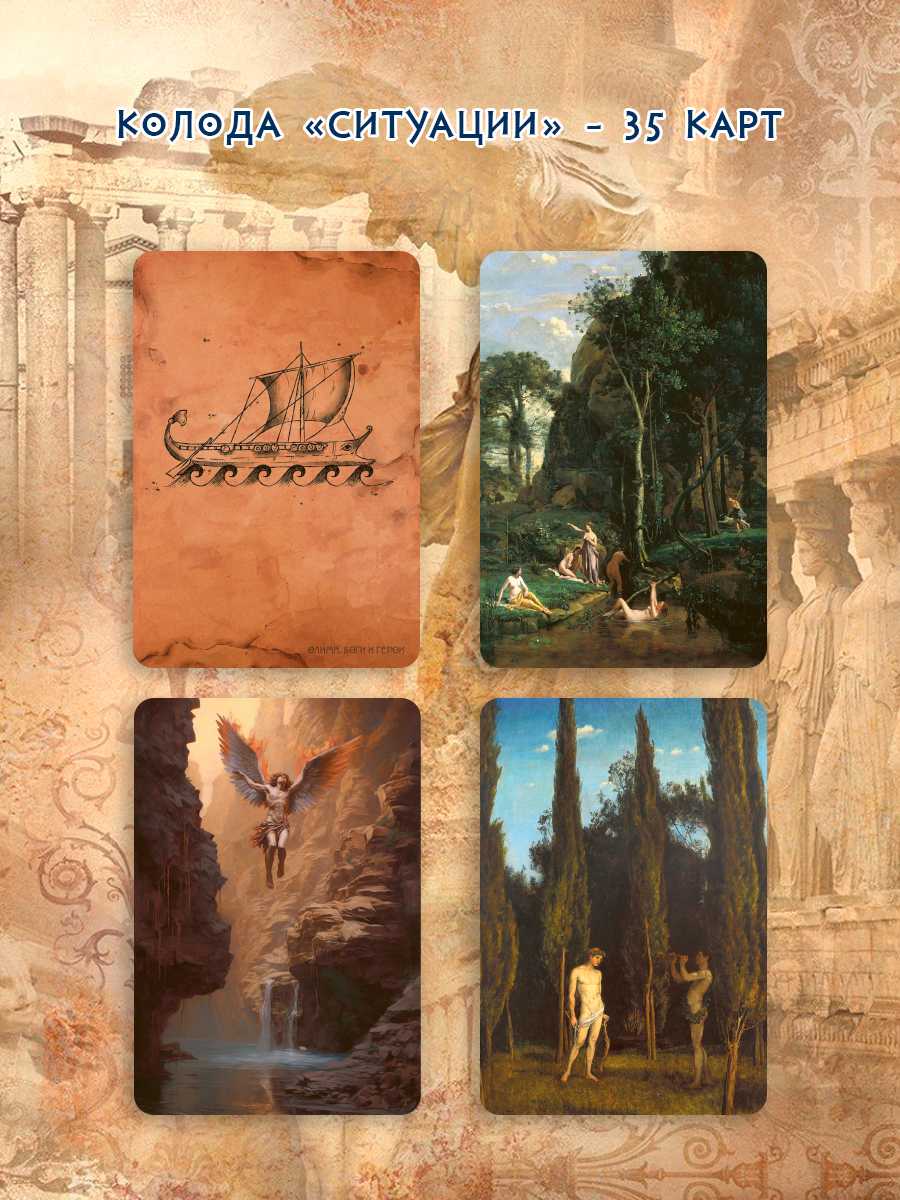
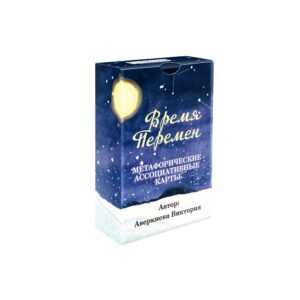
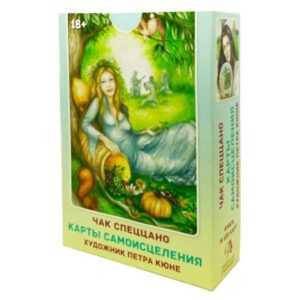


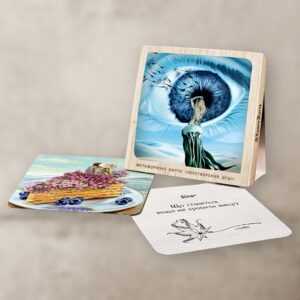
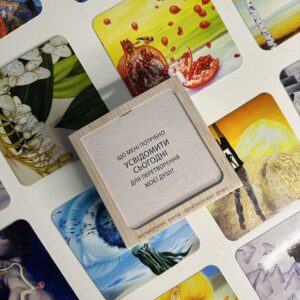
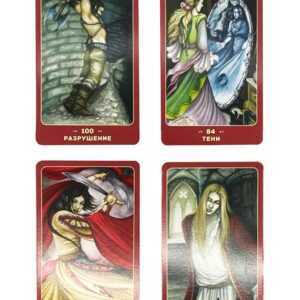
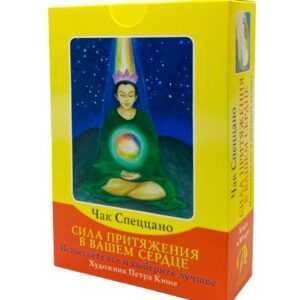
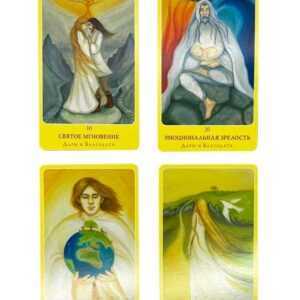
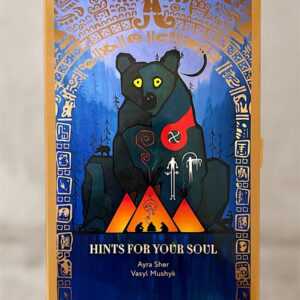
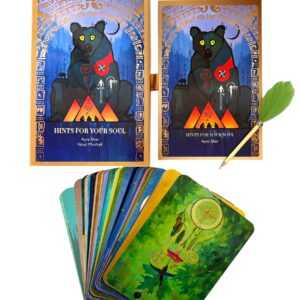
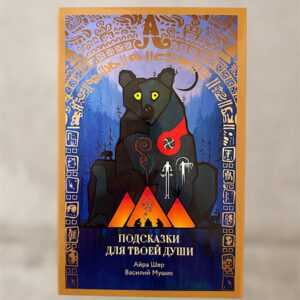
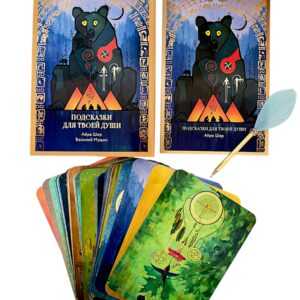
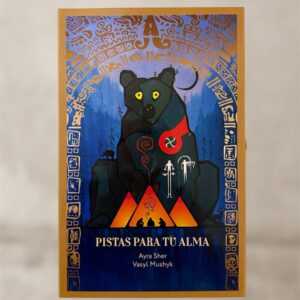
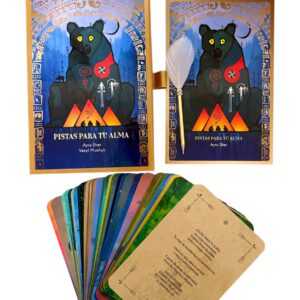
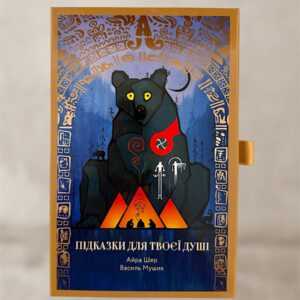
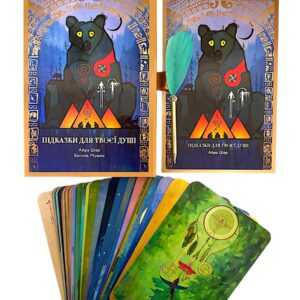
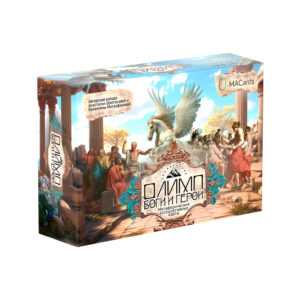
Reviews
Clear filtersThere are no reviews yet.